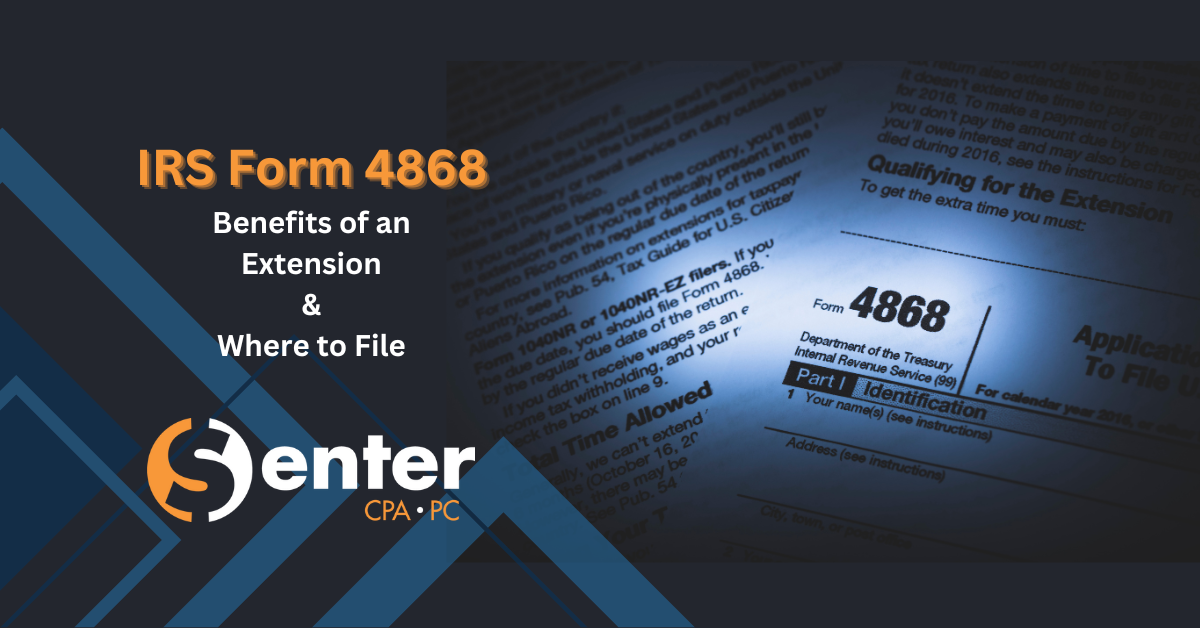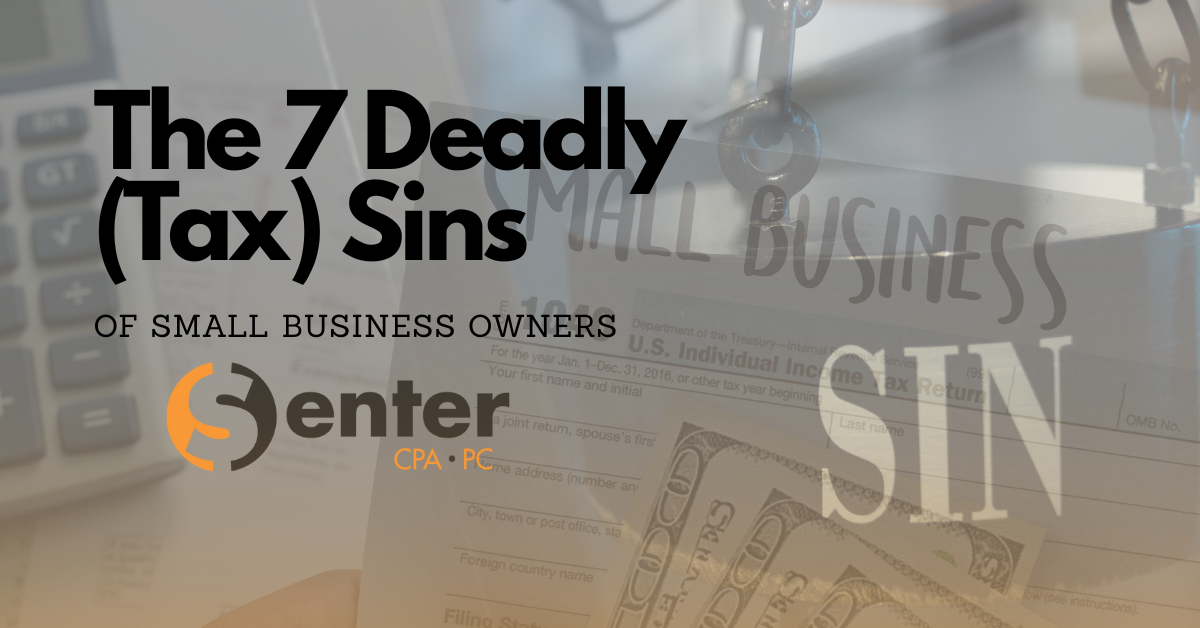As the tax filing deadline approaches, many taxpayers find themselves unprepared to submit their returns on time. In such cases, filing a tax extension can be a practical solution. This article clarifies what a tax extension entails, dispels common misconceptions, and highlights its potential benefits.
What Is a Tax Extension?
A tax extension is a formal request to the Internal Revenue Service (IRS) for additional time to file your federal tax return. By submitting Form 4868, taxpayers can extend their filing deadline by six months, typically moving it from April 15 to October 15. It’s important to note that this extension applies only to the filing of your return, not to the payment of any taxes owed. Taxes are still due by the original deadline, and failing to pay on time may result in interest and penalties.
Common Misconceptions About Tax Extensions
- Increased Risk of Audit
Some believe that requesting an extension raises the likelihood of an IRS audit. However, there is no evidence to support this claim. Filing an extension does not increase your chances of being audited.
- Extensions Are Only for Procrastinators
While extensions provide extra time, they are not solely for those who delay. Taxpayers may seek extensions for various reasons, such as awaiting additional tax documents, dealing with complex financial situations, or experiencing personal events that hinder timely filing.
- The IRS Disapproves of Extensions
Contrary to this belief, the IRS allows taxpayers to request extensions without providing a specific reason. The process is straightforward, and extensions are granted automatically upon proper submission of the request.
Why Filing a Tax Extension Is Not a Big Deal
Requesting a tax extension is a common practice and is often a prudent decision. It provides taxpayers with additional time to accurately prepare their returns, ensuring all necessary information is included and reducing the risk of errors. The IRS designed the extension process to accommodate taxpayers’ needs, recognizing that circumstances may prevent timely filing.
Benefits of Filing a Tax Extension
- Avoiding Late Filing Penalties
Filing an extension helps you avoid the hefty penalties associated with failing to file on time, which can amount to 5% of the unpaid taxes for each month the return is late, up to a maximum of 25%. However, it’s crucial to pay any estimated taxes owed by the original deadline to avoid interest and late payment penalties.
- Ensuring Accurate and Complete Returns
Additional time allows for thorough gathering and reviewing of tax documents, leading to more accurate filings. This diligence can prevent mistakes that might trigger audits or require amendments later.
- Maximizing Retirement Contributions
For self-employed individuals, an extension can provide extra time to contribute to certain retirement accounts, such as a Simplified Employee Pension (SEP) IRA. These contributions can be made up until the extended filing deadline, potentially reducing taxable income for the previous year.
- Accommodating Major Life Events
Life events such as moving, marriage, divorce, or the loss of a loved one can complicate tax filing. An extension offers the necessary time to manage these situations without the added stress of an impending tax deadline.
How to File a Tax Extension
To request an extension, submit Form 4868 (https://www.irs.gov/pub/irs-pdf/f4868.pdf) to the IRS by the original tax filing deadline. This can be done electronically or by mail. Remember, while the extension grants more time to file your return, any taxes owed are still due by the original deadline to avoid interest and penalties.
In conclusion, filing a tax extension is a useful tool for taxpayers needing extra time to ensure their returns are accurate and complete. It’s a straightforward process that can alleviate stress and help avoid potential penalties, making it a viable option for many individuals during tax season.














